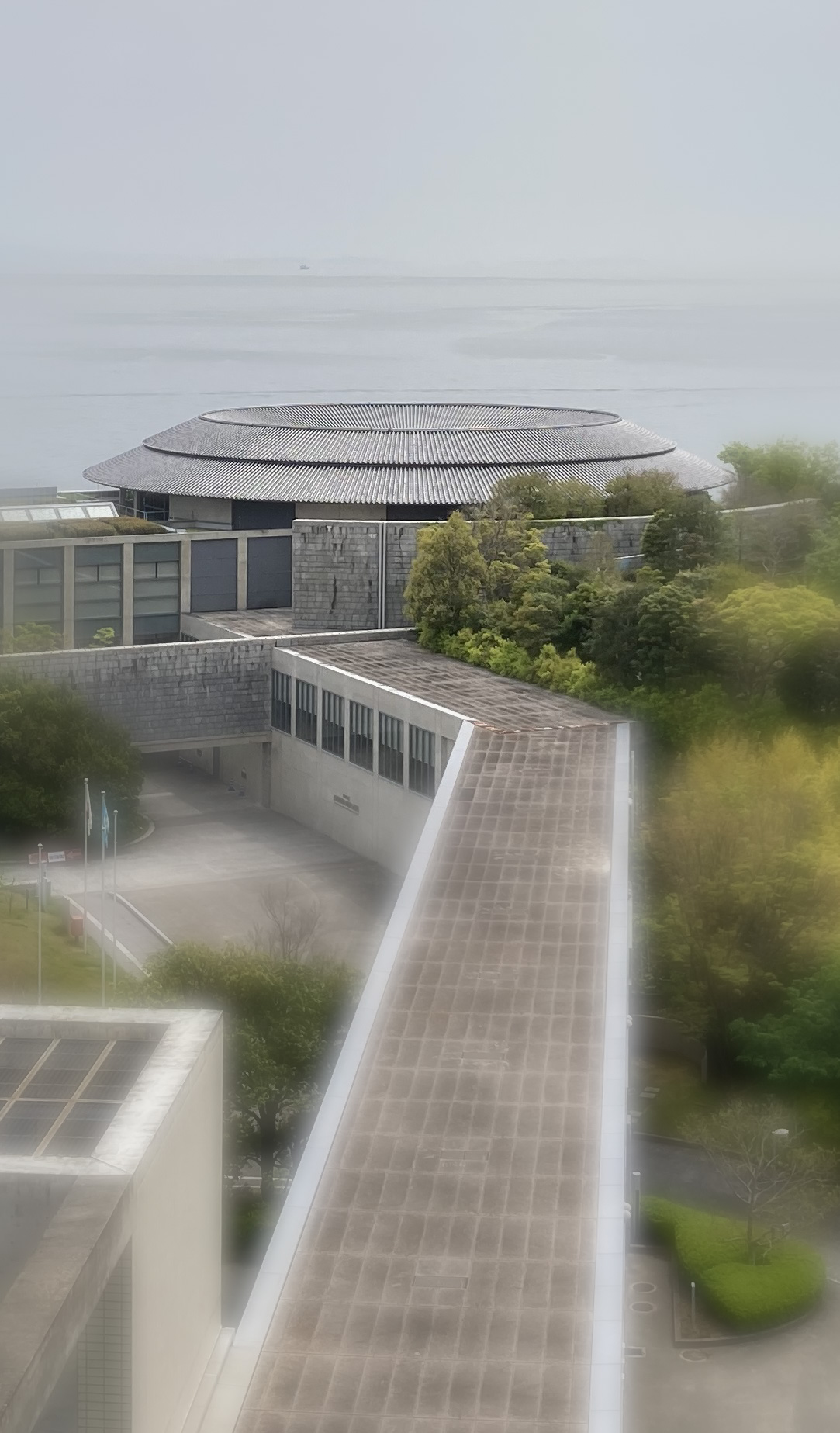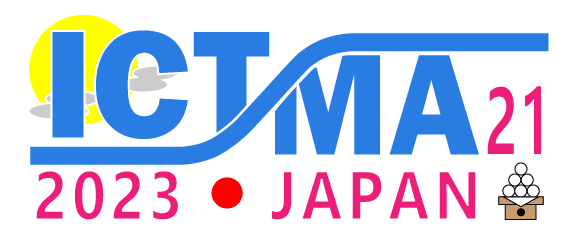Introduction
Although the context of mathematics education in Japan has changed considerably over the past 80 years, we can see from its history that mathematization in the real world has been focused on the period before World War II. During this period, the valuable guiding principles of curriculum design were proposed to balance modelling and the construction of mathematical knowledge in the teaching and learning of the subject. Even though the emphasis in mathematics education in Japan shifted to the systematic sequence of pure mathematics in the 1960s, beginning again in the 1990s, the emphasis was on modelling and applications, in line with international trends.
Lesson study, a teaching improvement process with origins in Japanese elementary education, has been highlighted internationally since the 2000s. In the small group format, teachers collaborate with one another—meeting to discuss learning goals, planning an actual classroom lesson, observing how their ideas work in live lessons with students, and then reporting the results for the benefit of other teachers. Collaboration among teachers is crucial for Japanese mathematics education. As a result, teaching mathematical modelling and applications began to be discussed through lesson study by appropriately reflecting on the historical guiding principles of curriculum design before World War II. In addition, an increasing number of mathematics researchers in Japan have begun to focus on international trends in teaching mathematical modelling and applications. In fact, the number of ICTMA participants from Japan has grown dramatically in recent years.
Presently, mathematical modelling and applications has been proposed as a core mathematical competency; it is required for compulsory hours in classroom teaching in the Courses of Study set by Japan’s Ministry of Education, Culture, Sports, Science and Technology (MEXT) (2017, 2018). Therefore, many teachers and researchers in the country are attempting to teach mathematical modelling and applications through lesson study, even though they may believe that it is difficult to teach in the classroom setting.
Hosting ICTMA21 in Japan will allow Japanese teachers and researchers to learn and connect with the International Community of Mathematical Modelling and Applications, thus boosting promotion of this field in the country. Further, hosting ICTMA21 in Japan will give mathematics teachers and researchers from across the globe the valuable opportunity to gain knowledge about the development of mathematical modelling and applications in Japan.
Toshikazu Ikeda

Chair of local organizing committee of ICTMA21

